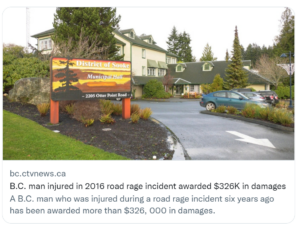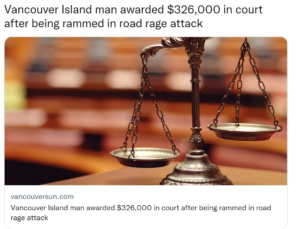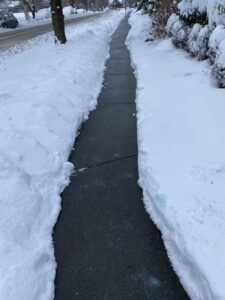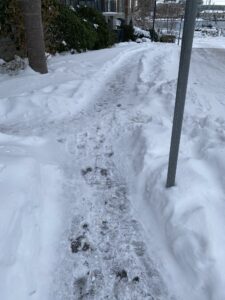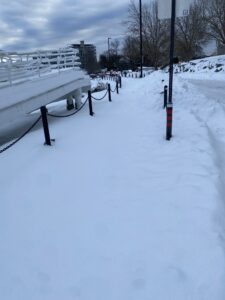ICBC “Impairment” Payments For Shoulder and Arm Ligamentous and Other Soft Tissue Disruption
In my ongoing efforts to highlight ICBC’s ‘permanent impairment regulations under no-fault insurance and the woeful reality of these payments today I’ll discuss the ‘meat chart’ numbers for permanent Shoulder and Arm Ligamentous and Other Soft Tissue Disruption.
By way of quick background, under the “permanent impairment regulation” if you suffer an injury with a ‘permanent impairment’ you are entitled to a lump sum. But the sums are grotesquely low. Here’s how it works.
A figure of $167,465 is the starting point. Then, depending on your specific injury, (and remember, for many of these we are talking about not just the injury but those that have not recovered and are not expected to in the future) a fraction of this is awarded.
Let’s apply these figures to permanent Shoulder and Arm Ligamentous and Other Soft Tissue Disruption:
| Item | Column 1 Shoulder or arm non-bony disruption |
Column 2 Percentage |
|
| 1 | Non-bony disruption | subject to subsection (2), complete non-bony disruption or avulsion fracture affecting an upper limb | 2% |
| subject to subsection (2), partial non-bony disruption or avulsion fracture affecting an upper limb | 1% | ||
| 2 | Non-bony disruption | rotator cuff tear, imaging positive, full thickness, with no known prior rotator cuff pathology | 5% |
| rotator cuff tear, imaging positive, full thickness, with known prior rotator cuff pathology | 2% | ||
| rotator cuff tear, partial thickness | 2% | ||
| distal or proximal biceps tendon rupture, with no strength deficit in supination or elbow flexion | 1% | ||
| distal or proximal biceps tendon rupture, with strength deficit in supination or elbow flexion | 2% | ||
For complete non bony disruption or avulsion fracture affecting an upper limb 2% = $3,350
For partial non-bony disruption or avulsion fracture affecting an upper limb 1% = $1,675
For rotator cuff tear, imaging positive, full thickness, with no known prior rotator cuff pathology 5% = $8,373
For rotator cuff tear, imaging positive, full thickness, with known prior rotator cuff pathology 2% = $3,350
For rotator cuff tear, partial thickness 2% = $3,350
For distal or proximal biceps tendon rupture, with no strength deficit in supination or elbow flexion 1% = $1,675
For distal or proximal biceps tendon rupture, with strength deficit in supination or elbow flexion 2% = $3,350


